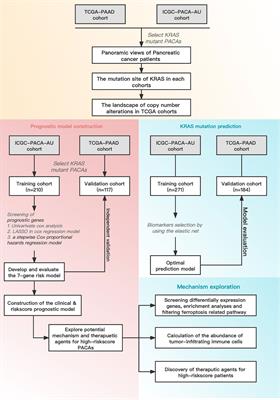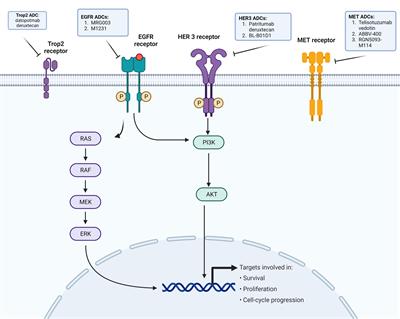EDITORIAL
Published on 26 Sep 2024
Editorial: Developing next-generation therapeutics to defeat mutation-driven cancer
doi 10.3389/fimmu.2024.1487952
- 383 views
9,348
Total downloads
26k
Total views and downloads
EDITORIAL
Published on 26 Sep 2024
ORIGINAL RESEARCH
Published on 10 Jan 2024

MINI REVIEW
Published on 01 Dec 2023

MINI REVIEW
Published on 22 Aug 2023

MINI REVIEW
Published on 06 Jul 2023

